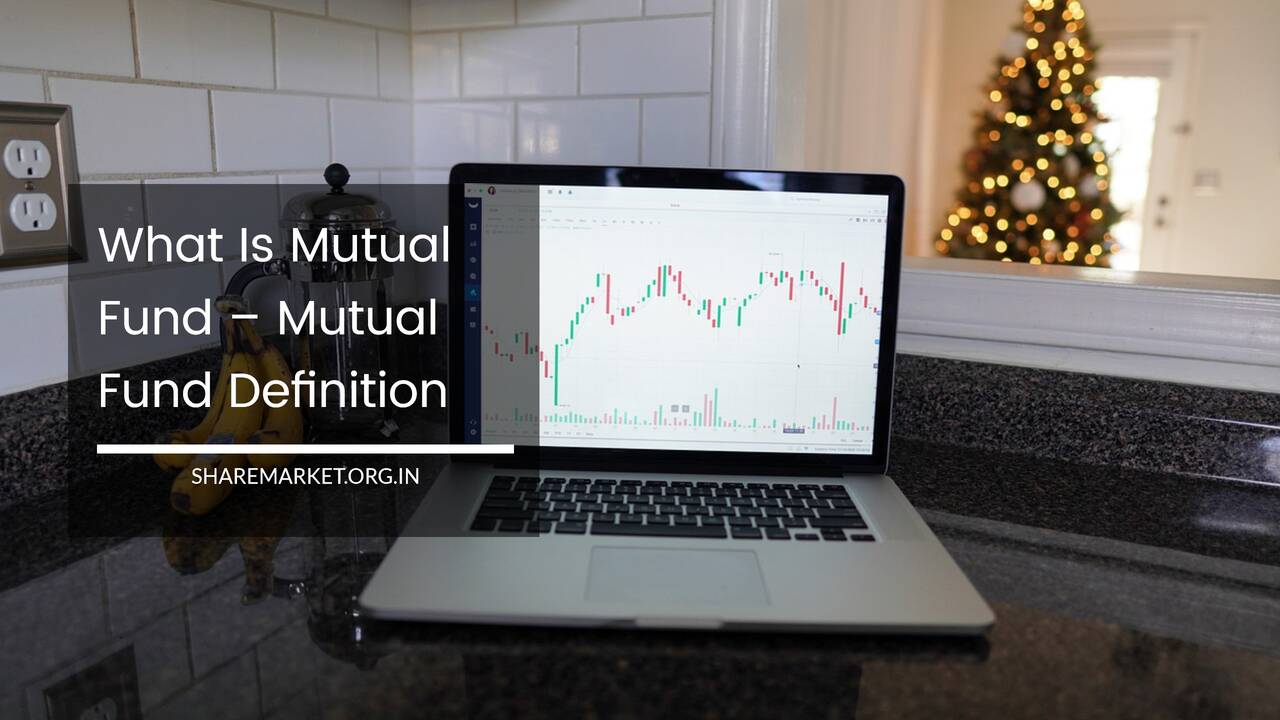EPF Investment: Will Wife Get Pension if the Husband Dies Before 58 Years?

EPF Investment
The entitlement to a minimum amount of widow pension has been fixed at Rs 1000. Therefore, in the unfortunate event of an employee’s death, their wife will receive a minimum pension of Rs 1000.
In the private sector, the retirement age for employees is generally set at 58 years. An employee who has worked for a minimum of 10 years becomes eligible for a pension, in addition to the funds accumulated in the Employee Provident Fund (EPF). This pension becomes available after the employee’s retirement.
However, the question arises as to whether the employee’s wife will receive a pension if the employee passes away before reaching the age of 58.
This question is significant because there have been instances where individuals, despite being in good health, have unfortunately succumbed to sudden heart attacks or other unforeseen circumstances at a young age. In such cases, the funds received from the EPF can prove to be immensely helpful for the deceased employee’s family.
It is essential to understand the specific provisions and rules governing pension benefits in such cases. Generally, if an employee passes away before the age of 58, their spouse may be eligible to receive a pension.
The exact details, including the amount and duration of the pension, may vary based on the employee’s service record, the terms of the pension scheme, and the applicable regulations.
The pension received by the deceased employee’s wife can provide crucial financial support, helping to cover living expenses and sustain the family’s well-being.
It serves as a lifeline during a difficult time, ensuring that the family is not left without any financial assistance in the absence of the employee’s income.
To fully understand the specific entitlements and procedures related to pension benefits for the spouse in the event of the employee’s untimely demise, it is advisable to consult the relevant pension scheme’s guidelines, speak to the employer’s human resources department, or seek guidance from a qualified professional.
Pension is Available Under EPS
The Employees Provident Fund (EPF) plays a crucial role in providing retirement benefits to employees in the private sector. EPF is managed by the Employees’ Provident Fund Organization (EPFO), a statutory body under the Ministry of Labour and Employment in India.
The EPF scheme requires every private sector employee to make monthly contributions towards their EPF account.
The EPF contribution is deducted from the employee’s salary and constitutes 12% of their basic salary. This contribution is made on a monthly basis and is matched by an equal contribution from the employer.
The combined contributions are deposited into the employee’s EPF account, which serves as a long-term savings vehicle for their retirement.
One of the significant benefits provided by EPF is the availability of a pension through the Employees’ Pension Scheme (EPS). EPS is a pension scheme that is linked to the EPF account. It offers pension benefits to employees who have contributed to the EPF for a specified period.
To qualify for a pension under EPS, an employee must have completed a minimum of 10 years of eligible service, which includes contributing to the EPF scheme.
The eligible service is calculated based on the duration of continuous employment and the contributions made towards EPF.
The pension amount under EPS is determined by a formula that takes into account the employee’s pensionable salary and the number of years of eligible service.
The pensionable salary is calculated by averaging the employee’s monthly salary over the last 12 months prior to retirement. The formula ensures that the pension amount increases with the length of eligible service.
Upon retirement, an employee becomes eligible to receive a monthly pension under EPS. This pension continues for the lifetime of the employee, providing a stable income source during their retirement years.
In the event of the employee’s death, their spouse may be eligible to receive a survivor’s pension.
It is important for employees to keep track of their EPF contributions and maintain updated records to ensure accurate calculation of pension benefits under EPS.
Regularly checking the EPF account balance and ensuring that contributions are being made correctly can help employees stay informed about their retirement savings and the potential pension benefits they are entitled to.
58 Years of Age Fixed for Retirement
Under the EPF and EPS schemes, a portion of the employee and employer contributions are allocated to the Employees’ Provident Fund (EPF) and the Employees’ Pension Scheme (EPS), respectively.
Both funds receive regular monthly deposits throughout the employee’s working years. When the employee reaches the age of 58, they retire from active service.
Upon retirement, the employee is entitled to receive a lump sum amount from the EPF, which consists of the accumulated contributions made to the EPF account over the course of their employment.
This lump sum withdrawal from the EPF provides a substantial corpus to support the employee’s financial needs in retirement.
Simultaneously, the employee becomes eligible for a monthly pension from the EPS. The pension amount is determined based on the employee’s pensionable salary and the number of years of eligible service, as previously explained.
The pension provides a steady income stream to support the employee’s living expenses during their retirement years.
It is worth noting that if the employee passes away before reaching the age of 58, their wife becomes eligible for a widow pension.
This means that the wife does not need to wait until the employee reaches 58 years of age to receive the pension. The widow pension offers financial support to the spouse following the untimely demise of the employee.
In addition to the widow pension, the nominee, usually the wife, receives the entire amount accumulated in the EPF fund as a lump sum payment.
The nomination process is crucial in ensuring that the rightful person receives the accumulated funds in the event of the employee’s demise.
Designating the wife as the nominee is a common practice to ensure that she receives the EPF corpus and potentially becomes eligible for the widow pension, providing financial security during a difficult time.
It is important for employees to regularly review and update their nomination details to ensure that the funds are distributed according to their wishes.
By keeping the nomination up to date, employees can provide financial protection and support for their loved ones in the event of an unfortunate eventuality.
What is the Rule for Pension for the Wife?
The rule for pension to the wife of a deceased employee varies depending on whether the employee passes away after retirement or before reaching the age of retirement.
If the employee dies after retirement, the wife is entitled to receive half of the pension amount that the employee would have received.
This means that the wife will continue to receive a portion of the pension that the employee was receiving during their lifetime.
On the other hand, if the employee’s death occurs before reaching the retirement age, the wife will receive the pension amount that the employee would have been entitled to receive after retirement.
The pension amount for the wife in this scenario is calculated based on the service period and the pensionable salary of the deceased employee.
It’s important to note that the longer the gap between the employee’s demise and the retirement age, the lesser the pension amount received by the wife.
However, it is crucial to understand that the pension amount is subject to various factors and can vary depending on the specific circumstances.
Factors such as the length of the employee’s service, the pensionable salary, and the rules and regulations governing the pension scheme can influence the final pension amount.
Despite these variations, there is a minimum amount fixed for widow pension, which is set at Rs 1000. This means that regardless of the pension calculation, the wife of the deceased employee will receive a minimum pension of Rs 1000.
It is worth mentioning that pension schemes are subject to periodic revisions and changes by the government or the organization managing the pension fund.
Therefore, it is advisable to refer to the specific rules and guidelines of the pension scheme, consult with the employer’s human resources department, or seek professional advice to obtain accurate and up-to-date information regarding the pension entitlements for the wife of a deceased employee.
In summary, the rule for pension to the wife depends on whether the employee dies after retirement or before reaching the retirement age.
If the employee dies after retirement, the wife receives half of the pension amount. If the employee dies before reaching the retirement age, the wife receives the pension amount that the employee would have received after retirement.
However, the actual pension amount can vary based on several factors, and a minimum widow pension of Rs 1000 is guaranteed in any case.

















